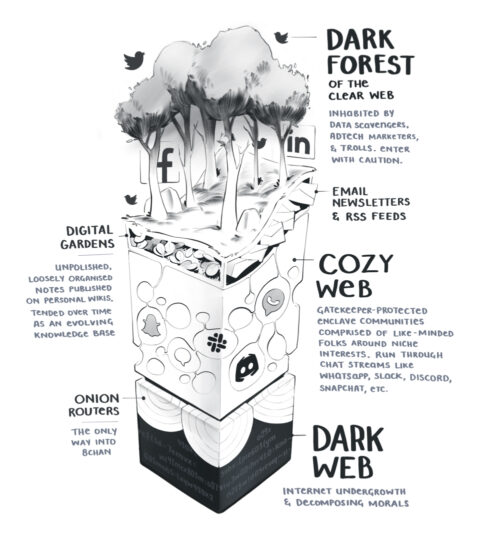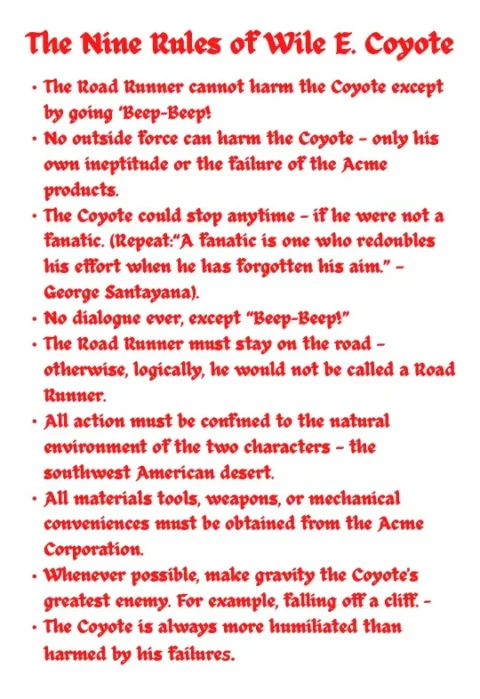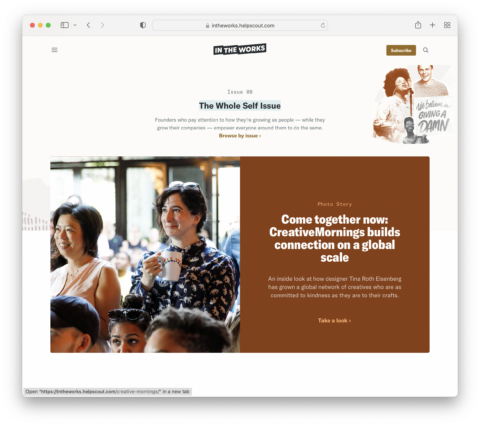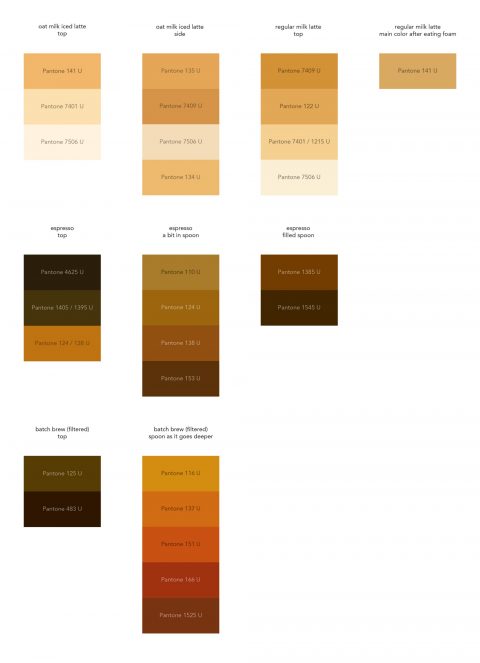1. Finding your true self is an act of love. Expressing it is an act of rebellion.
2. A sign of growth is having more tolerance for discomfort. But it’s also having less tolerance for bullshit.
3. Who you are is not your fault, but it is your responsibility.
4. Desires that rise in agitation are more aligned with your ego. Desires that arise in stillness are more aligned with your soul.
5. Procrastination is the refusal or inability to be with difficult emotions.
6. The moment before letting to is often when we grip the hardest.
7. You don’t find your ground by looking for stability. You find your ground by relaxing into stability.
8. What you hate most in others is usually what you hate most in yourself.
9. The biggest life hack is becoming your own best friend. Everything is easier when you do.
10. The more comfortable you become in your own skin, the less you need to manufacture the world around you for comfort.
11. An interesting thing happens when you start to like yourself. You no longer need all the things you thought you need to be happy.
12. If you don’t train your mind to appreciate what is good, you’ll continue to look for something better in the future, even when things are great.
13. The belief that there is some future moment more worth our presence than the one we’re in right now is why we miss our lives.
14. There is no set of conditions that leads to lasting happiness. Lasting happiness doesn’t come from conditions, but from learning to flow with conditions.
15. We often need to get out of alignment with the rest of the world to get back into alignment with ourselves.
16. Real confidence looks like humility. You no longer need to advertise your value because it comes from a place that does not require the validation of others.
17. Negative thoughts will not manifest a negative life. But unconscious negative thoughts will.
18. Bullying yourself into enlightenment does not work. You must befriend yourself to transcend yourself.
19. There are 3 layers to a moment: Your experience, your awareness of the experience and your story about the experience. Be mindful of the story.
20. Your mind doesn’t wander. It moves toward what it finds most interesting. To improve focus, become curious about what’s in front of you.
21. Life continues whether you pay attention to it or not. I think it’s why the passage of time is so scary.
22. High pain tolerance is a double-edged sword. It’s key for self-control but can cause us to override the pain of being out of alignment.
Read Cory Muscara’s original post.



